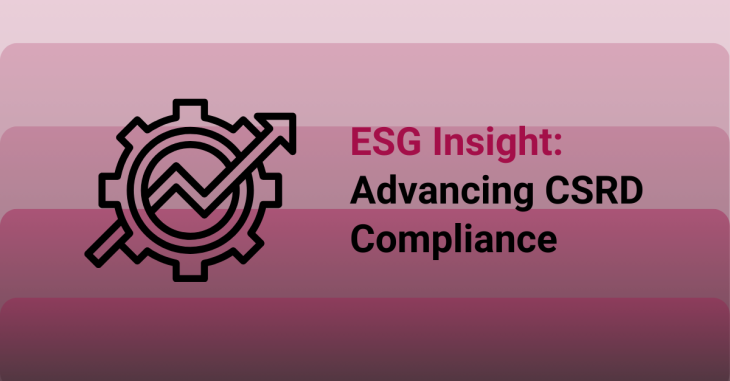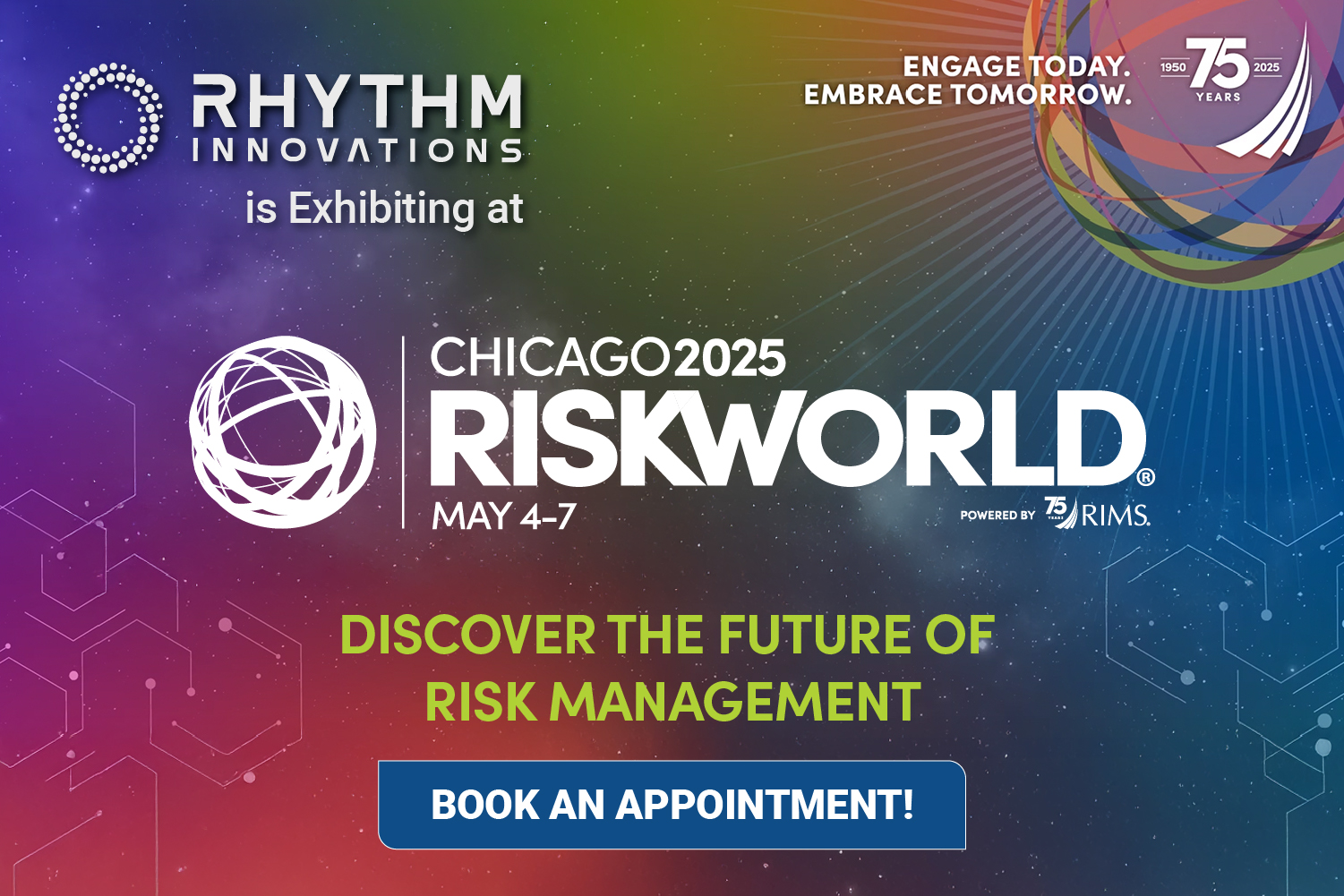ESG Insight: Advancing CSRD Compliance

In the evolving landscape of corporate responsibility, the importance of Environmental, Social, and Governance (ESG) factors cannot be overstated. As regulations tighten, companies navigate compliance with initiatives like the Corporate Sustainability Reporting Directive (CSRD) alongside stakeholder demands for transparency. In this blog, we delve into the significance of deep visibility into ESG impacts. Also, how it influences the value chain dynamics in meeting CSRD requirements.
The CSRD Landscape: A Paradigm Shift in Reporting Standards
The CSRD represents a transformative shift in corporate reporting standards. It compels organizations to expand their disclosure beyond traditional financial metrics to encompass a comprehensive range of ESG considerations. The directive mandates the identification and reporting of all significant ESG issues spanning the entire value chain. This underscores the profound interconnectedness between sustainability and every facet of business operations.
Deep Visibility: Unveiling the Layers of ESG Complexity
At the heart of CSRD compliance lies the imperative of deep visibility into ESG impacts and value chain dynamics. This entails a nuanced understanding of the intricate web of relationships and dependencies that characterize modern supply chains. Organizations can identify high-risk entities, identify material ESG topics, and glean actionable insights to drive informed decision-making.
Identifying and Prioritizing Risky Entities
Central to the pursuit of CSRD compliance is the ability to identify and prioritize high-risk entities within the value chain. Leveraging detailed data on company characteristics, organizations can effectively identify potential vulnerabilities and assess the impact of associated risks. By employing analytical tools and methodologies, companies can spot, score, and prioritize high-risk partners without the need for direct engagement. This approach enables organizations to allocate resources, focusing on mitigating pressing risks and safeguarding operations’ integrity.
Uncovering Material ESG Topics
It is essential for organizations to uncover material ESG topics that extend beyond the confines of their operations. By examining external factors such as regulatory trends, industry dynamics, and stakeholder expectations, companies can gain valuable insights. These insights can help them understand the most significant ESG issues impacting their business and stakeholders. Understanding these material ESG topics empowers organizations to prioritize actions that drive positive outcomes. It also enhances their overall sustainability performance, from climate change and human rights to supply chain resilience and diversity.

The Importance of ESG for Businesses
ESG considerations have become increasingly important for businesses across industries. Beyond regulatory compliance, integrating ESG principles into corporate strategies yields numerous benefits. It enhances brand reputation, fosters stakeholder trust, attracts investment, and mitigates risks associated with environmental degradation, social unrest, and governance failures. Moreover, companies that prioritize ESG initiatives often experience improved financial performance. They also demonstrate long-term resilience in the face of evolving market dynamics and societal expectations.
Challenges on the Road to Compliance: Overcoming Complexity and Uncertainty
Navigating ESG compliance is a significant challenge for many companies. The extensive reach of today’s value chains is compounded by the multitude of ESG factors to consider. This combination makes thorough due diligence seem overwhelming. However, by using advanced technologies, data analytics, and partnerships, organizations can overcome these challenges and move towards sustainable success.
Embracing Transparency and Accountability: A Catalyst for Positive Change
By embracing transparency and accountability, organizations fulfill their regulatory obligations and foster responsible business conduct. By engaging stakeholders across the value chain, companies can drive continuous improvement and create shared value for all involved parties. By prioritizing openness and honesty, organizations can:
- Build Trust and Credibility: Transparent reporting fosters trust among stakeholders, enhancing brand reputation and credibility.
- Drive Innovation and Collaboration: Openness invites diverse perspectives, driving innovation and collaboration across the value chain.
- Empower Informed Decision-Making: Stakeholders can make informed decisions based on ESG data, leading to ethical purchasing and investment choices.
- Catalyze Industry Transformation: Leading by example inspires industry-wide transformation, fostering healthy competition and continuous improvement.
- Address Global Challenges: Transparency contributes to global efforts to combat climate change, promote social equity, and achieve sustainable development goals.

Moving Forward: Charting the Course Towards a Sustainable Future
As companies embark on their CSRD compliance journey, the pursuit of visibility into ESG impacts, serves as a guiding compass. By integrating sustainability considerations into their core business strategies, organizations can unlock new opportunities for innovation, growth, and resilience.
In essence, Rhythm Innovations serves as a guiding light for companies navigating the path towards CSRD compliance. Our commitment to sustainability sets a high standard for others to follow. It demonstrates that a more sustainable future is possible and is imperative for long-term success. By embracing the principles of deep visibility, transparency, and accountability, organizations can pave the way towards a more sustainable future. Economic prosperity is harmonized with environmental stewardship and social equity.


